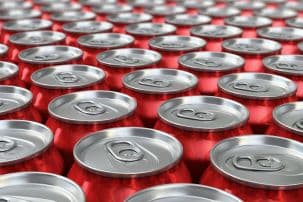
National Recycling Week - Aluminium Cycle
Lesson3 of 4 in this unit
PrimaryYear 3 - 4EnglishScienceEnvironmentalRecyclingSustainability
Summary
Lesson Guides and Printables
Lesson Plan

Student Worksheet

Teacher Content Info


Lesson Plan

Student Worksheet

Teacher Content Info
